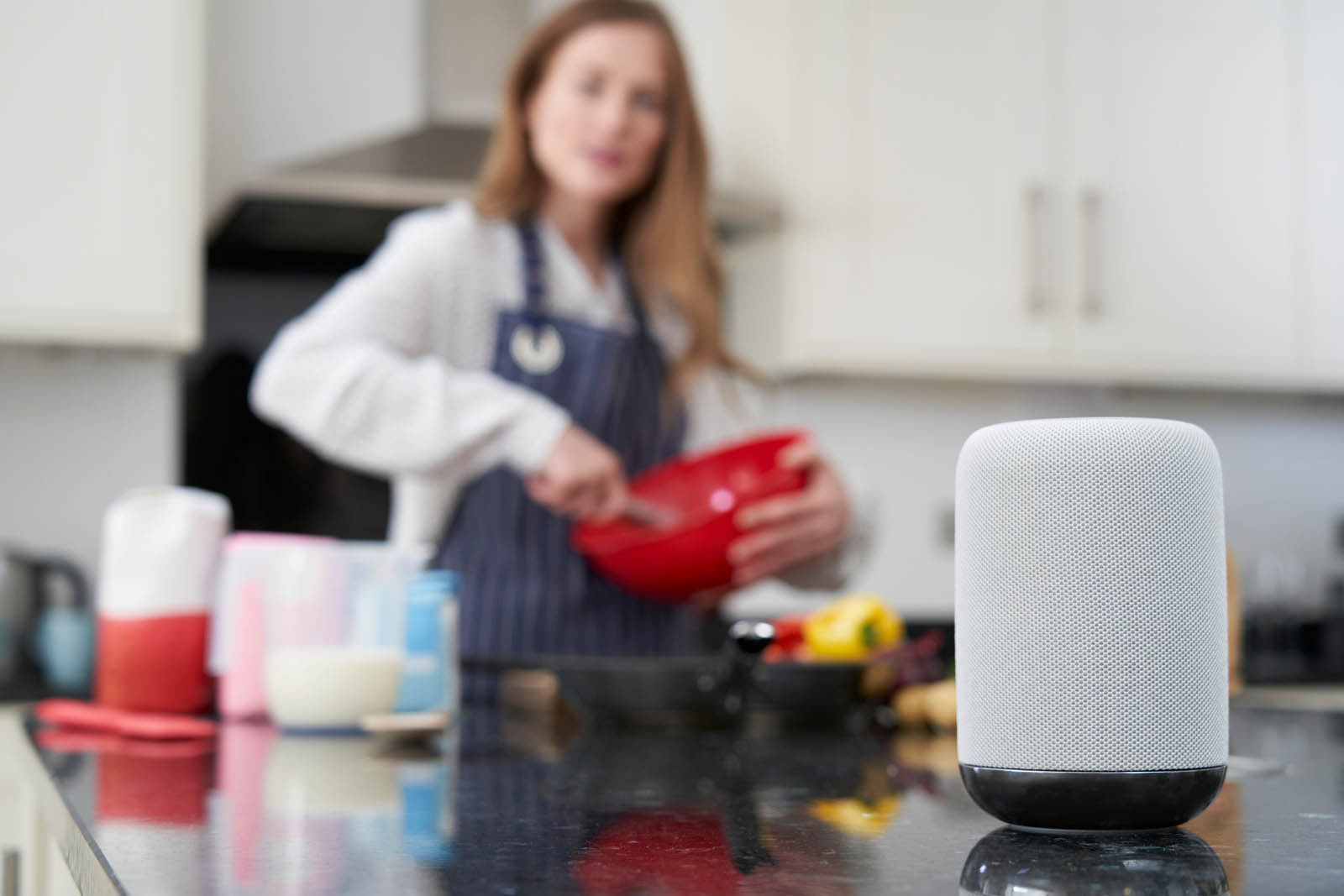
Alexa, promote my brand: How companies are using smart speakers to engage with their customers
Filed Under: Data Trends, Tools & Techniques
Alex Palermo
Senior Vice President, B2B Research
Alexa, what’s the weather today? Alexa, what time is the game on? Alexa, how long do you broil salmon? These questions are commonly asked in my household, along with the near quarter of other households that have smart speakers at home.
Smart speaker love is in full effect for US consumers, with 24 percent of US households owning a smart speaker, and 40 percent of those households owning multiple speakers, according to Nielsen’s latest study. In fact, we have at least one on every floor of our home.

But what makes smart speakers so appealing for marketers is the ease with which they can insert their brand into consumers’ everyday lives to help fulfill a need or serve a purpose. Take, for example, the Tequila brand Patrón. Patrón is just one company using smart speaker technology to assist consumers with using its products in new and different ways. For instance, people can ask their digital assistant, “ask Patrón for a cocktail recipe.” This promotes brand awareness while also enabling users to buy directly from their search results. In essence, the smart speaker has become a vehicle to have a digital relationship with a brand.
And if you think branded skills are just for consumer products, you’d be surprised to find who else is jumping on the smart speaker bandwagon. Many of our healthcare industry clients are committed to finding ways of helping their members achieve health goals in and out of practitioners’ offices. One way they are doing this is by developing smart device technologies and apps that digitally integrate with Alexa to perform tasks like medication look-ups, provider locators, cost estimators, and more. It’s not surprising that smart speakers and voice searches have found such popularity, especially in healthcare and with seniors. Digital interaction through branded skills means companies like our health insurance clients can interact with all ages of consumers, from the very young to the eldest members.
Branded skills for smart speakers are a trend that isn’t going away. Gartner predicts that the smart speaker market will reach $3.5 billion in 2020. One reason is the instant gratification of voice commands. It’s predicted that voice search will soon outpace text searches, just as podcasts are outpacing blogs these days. With all this mounting evidence in support of voice interaction, brands must continue to become more and more accessible through voice commands in 2020 and beyond.
What are some ways your brand is getting involved in smart speaker technology?
Tweet us @EmergeSmarter.
explore featured
Case studies

